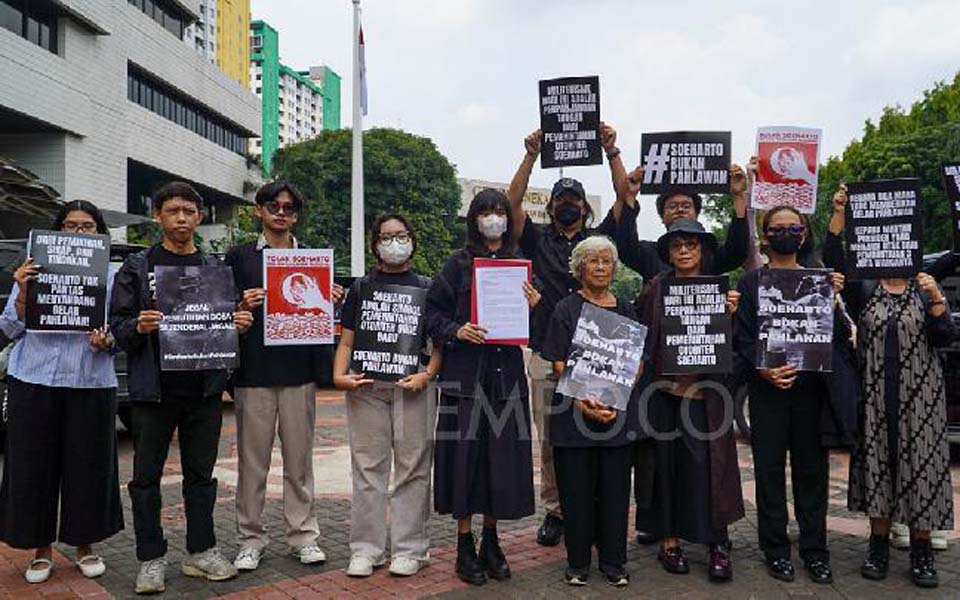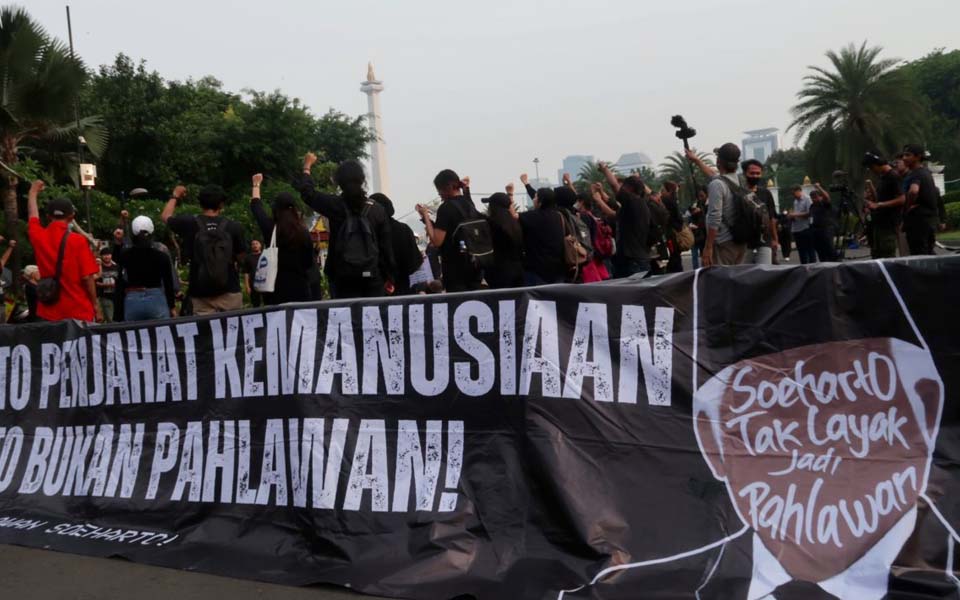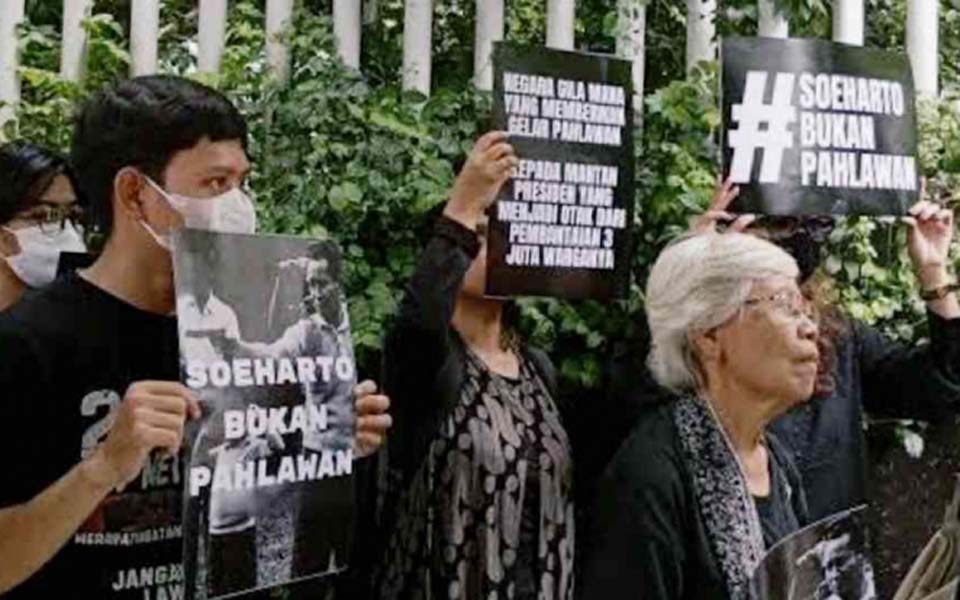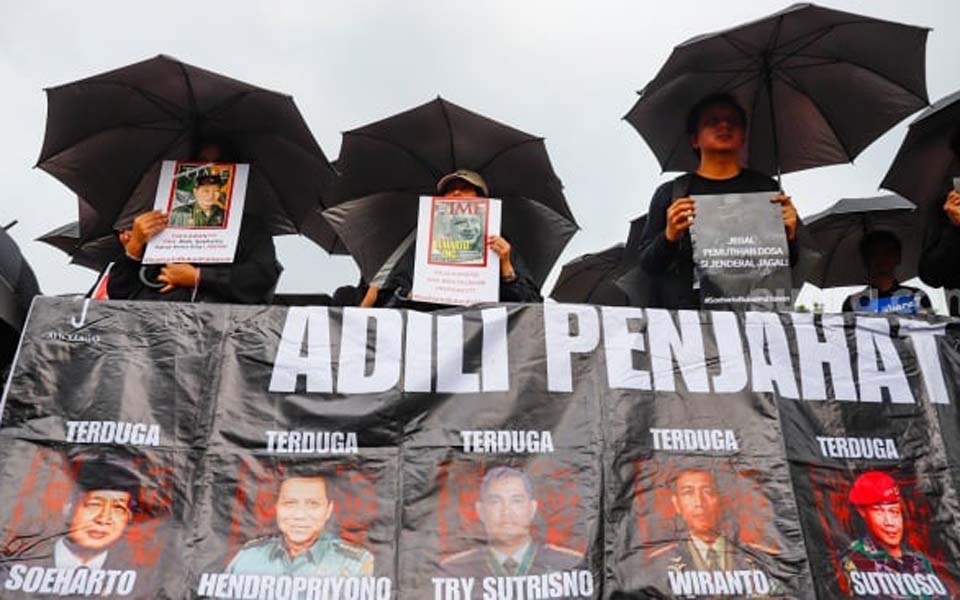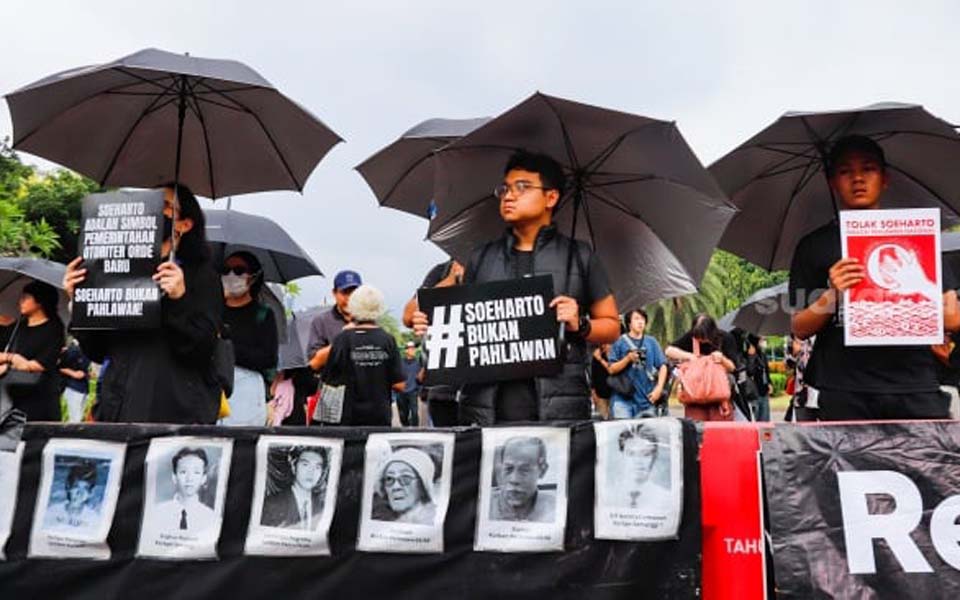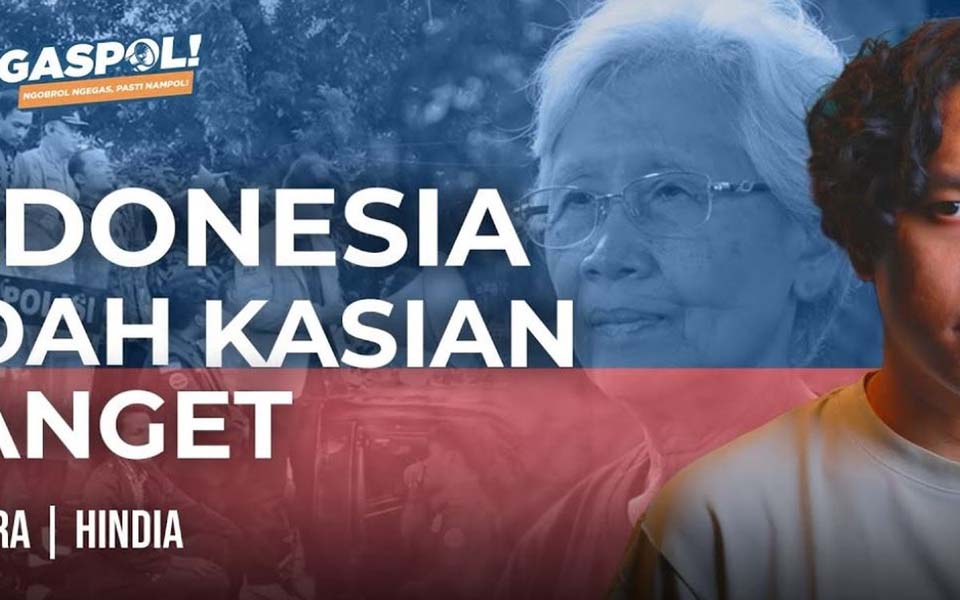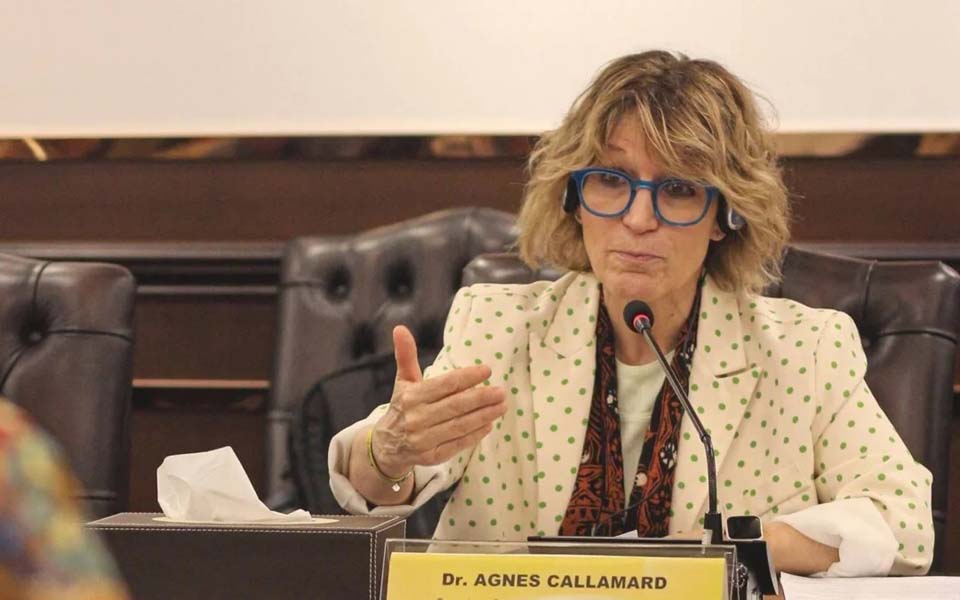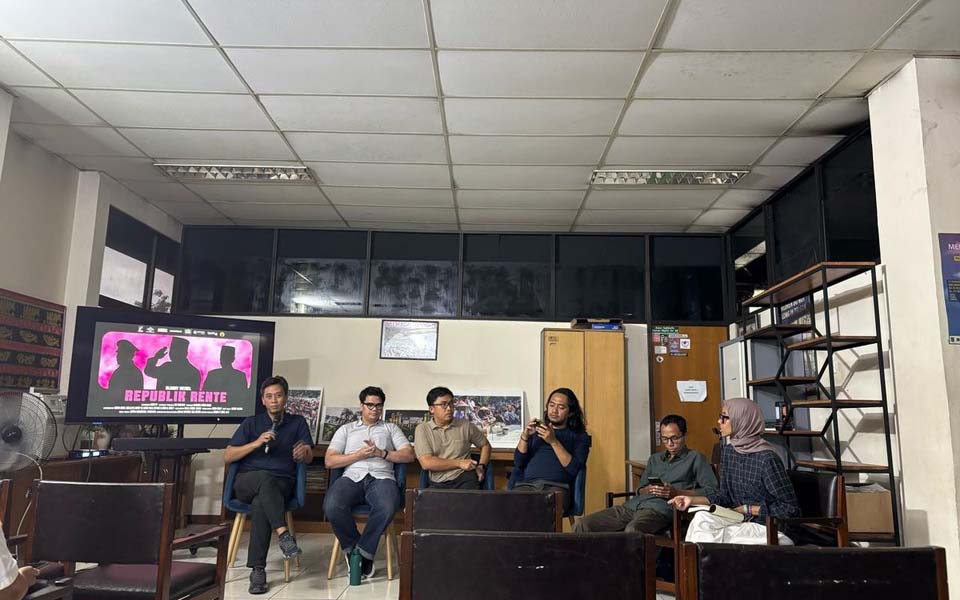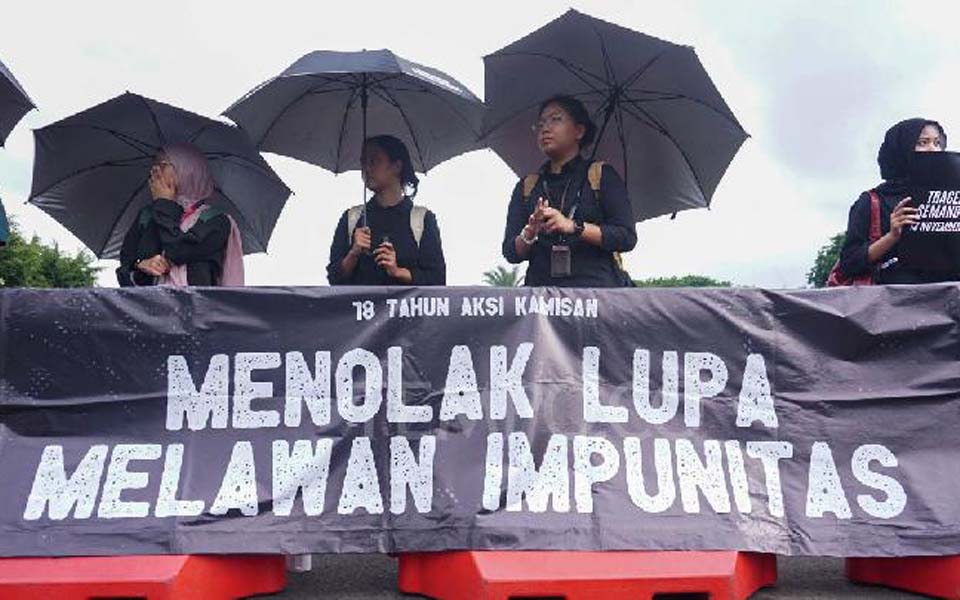Jakarta – The protection of human rights in Indonesia has further deteriorated over 2010. At an end of year press conference in Jakarta on Tuesday December 28, a team from the Commission for Missing Persons and Victims of Violence (Kontras) concluded that the state’s respect for, protection of, and fulfillment of human rights in the judicial field has become increasingly minimal.
In an email, Kontras coordinator Haris Azhar outlined the problems related to the lack of protection for human rights in 2010.
One problem that has become of concern is attacks on human rights and democracy activists with the latest being the murder of a journalist in West South-East Maluku on December 17, the weakness of police accountability with 34 cases of violence resulting in the death of eight people, the poor treatment of political prisoners (cases of violence against South Maluku Republic separatist movement activists) and the failure of the state to guarantee freedom of religion and worship (the many cases of violence committed by groups against people of different faiths).
The other big problem has been violence in Papua (11 cases) and the impunity enjoyed by human rights violators because of the House of Representative’s (DPR) low political commitment to resolving these cases.
Kontras gave Indonesia’s role in campaigning for human rights in ASEAN a positive score. Reform of the Indonesian military (TNI) meanwhile is homework that to this day, has yet to be completed.
“Kontras welcomes the statement by the new TNI commander-in-chief, Agus Suhartono, when undergoing a fit and proper test at the DPR, [when he] admitted there was still a deficit in the TNI’s reform agenda. We agree that there are three deficits in the agenda, namely reform of the territorial command structure, completing the transfer of the TNI’s business interests and revision of the military justice system”, said Azhar.
The Kontras team concluded that after 12 years of political transformation in Indonesia, four amendments to the Constitution and three general elections, Indonesia is still plagued by problems of violence and the failure to punish the perpetrators of this violence.
The regeneration of the leadership in judicial institutions has failed to bring with it any good news in terms of (legal) efforts to protect victims and vulnerable groups in Indonesia.
As outlined above, this sense of insecurity and lack of guarantees has in fact been caused by state institutions and officials. The police are the institution has been most dominant in exhibiting a disposition of violence and discrimination in 2010. (ONG)
[Translated by James Balowski.]






